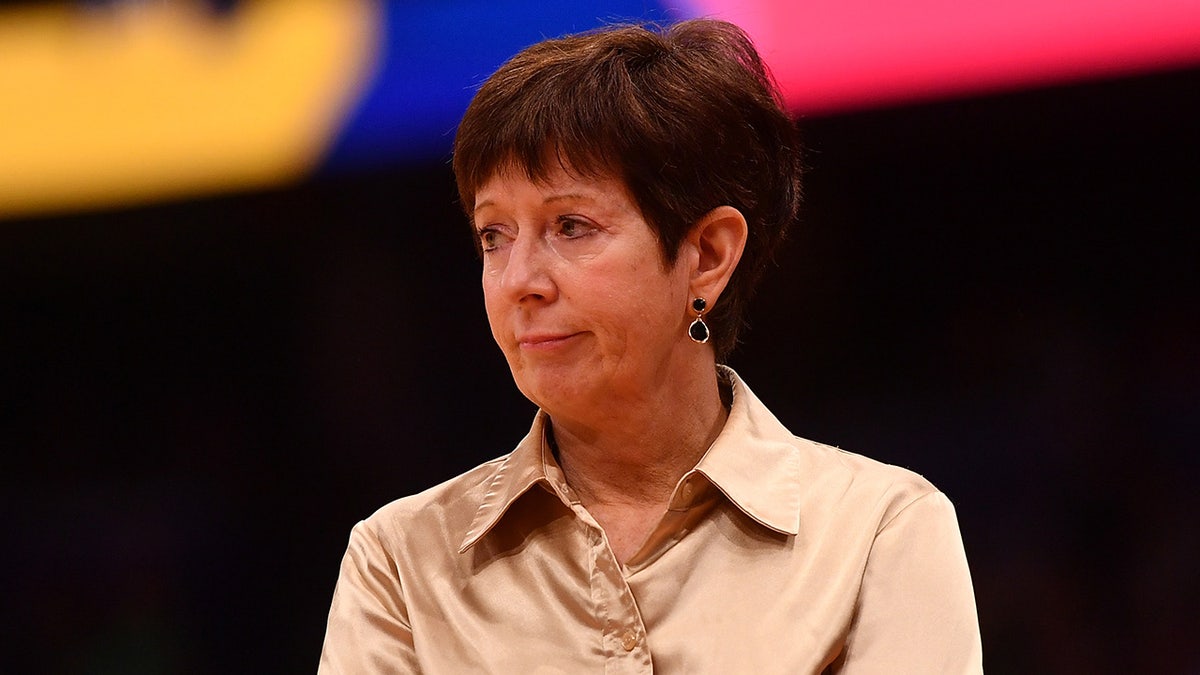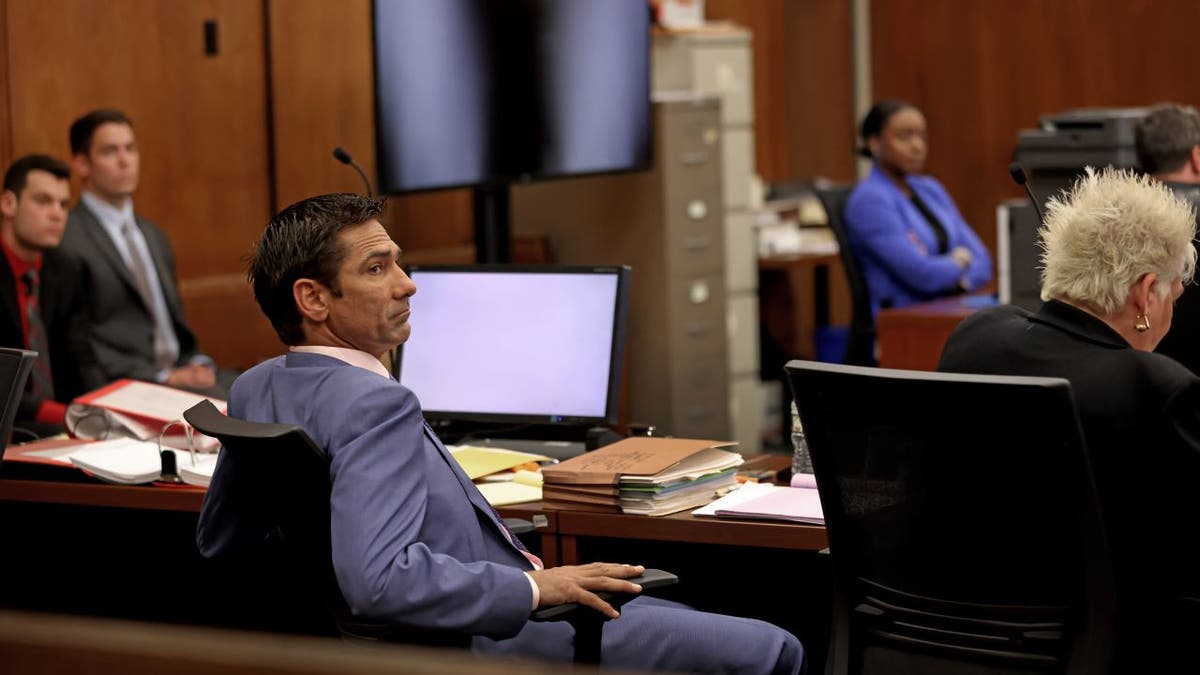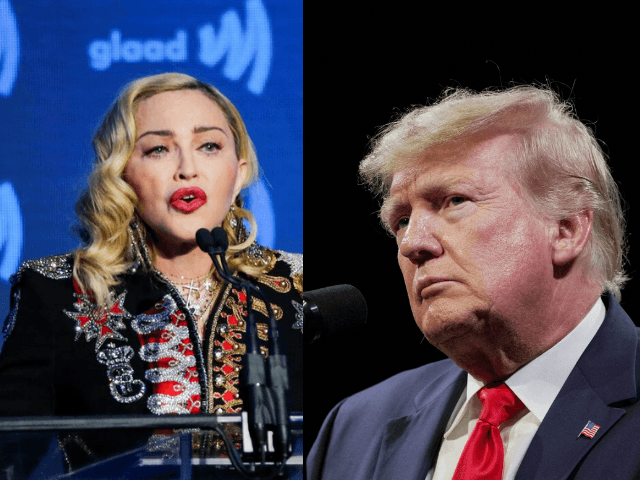As Christmas approaches, the US faces a potential government shutdown due to a budget impasse. Democrats are clinging to their waning power in the 118th Congress, resisting a leaner spending plan favored by Republicans and amplified by influencers like Elon Musk.
The heart of the issue is a proposed continuing resolution intended to fund the government until March, when both a new Republican-controlled Senate and President-elect Trump will be in office. The initial proposal, a hefty 1,500-page document, was criticized for excessive spending and extraneous provisions. Elon Musk's public critique of the bill, highlighting issues like congressional pay raises and funding for the Global Engagement Center, galvanized opposition and shifted momentum towards a more streamlined approach.
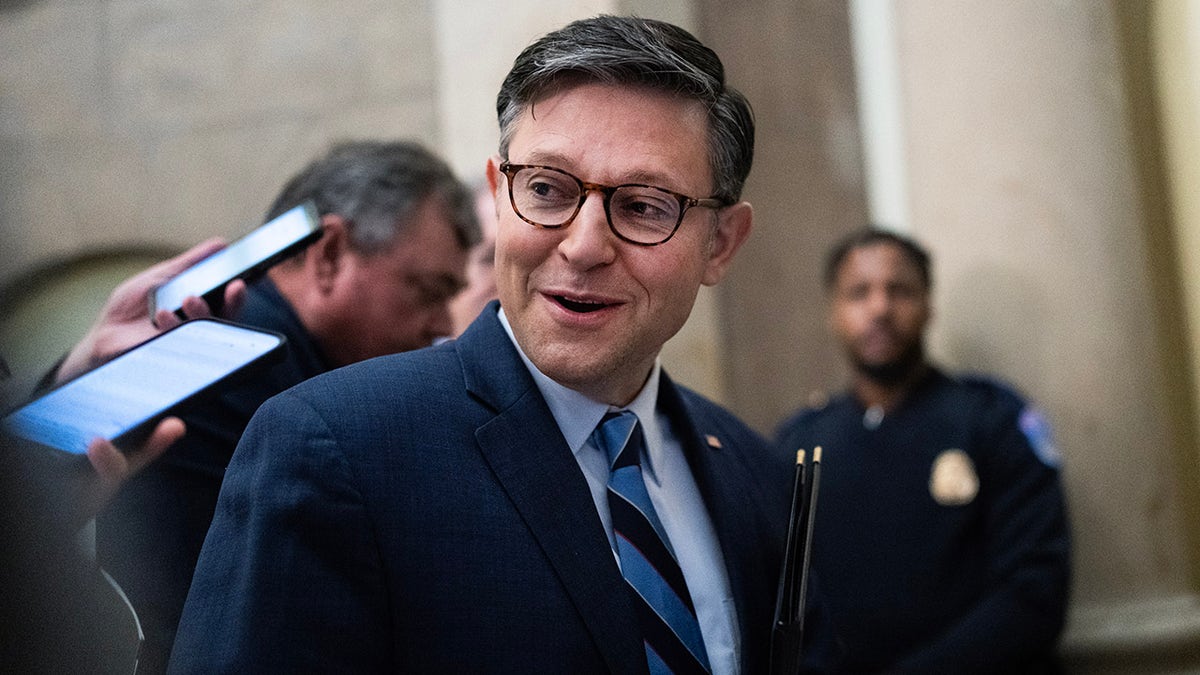
Speaker of the House Mike Johnson addresses reporters. (Tom Williams/CQ-Roll Call, Inc via Getty Images)
The revised, simpler continuing resolution, however, faced opposition from every House Democrat and a contingent of fiscally conservative Republicans. While some Republicans, like Rep. Chip Roy, are known for their unwavering stance against spending without offsets, Democrats saw an opportunity to leverage these objections and advance their own spending priorities.
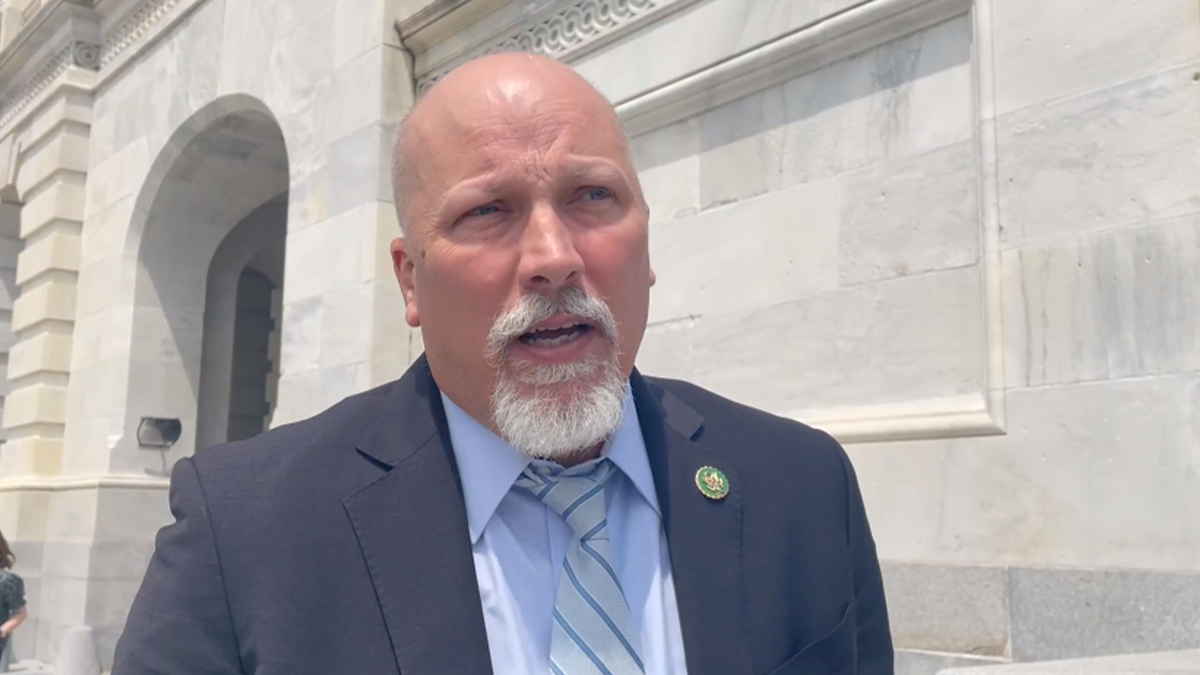
Rep. Chip Roy speaks to Fox News Digital. (Fox News)
A government shutdown now appears imminent. Republicans argue they've presented a reasonable bill, placing the blame on Democrats prioritizing political maneuvering over ensuring federal employees are paid during the holiday season. This situation underscores the significant influence of figures like Musk and Vivek Ramaswamy, who have been brought in by Trump to challenge established political norms and advocate for fiscal responsibility. This move carries political risk for Trump, potentially opening him up to criticism for being influenced by outsiders and exacerbating partisan divides. However, it aligns with the mandate for change that voters expressed in the recent election.

